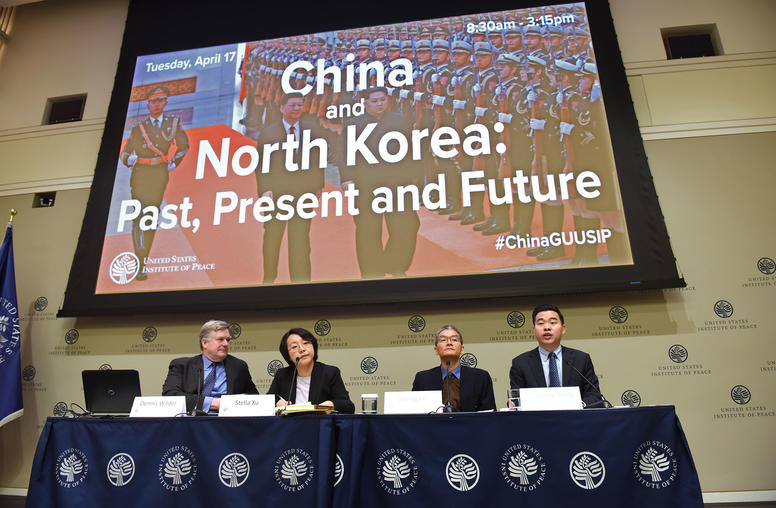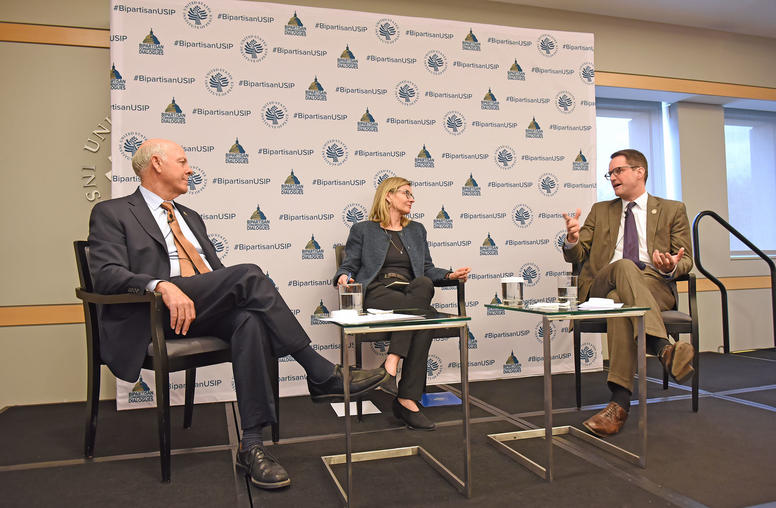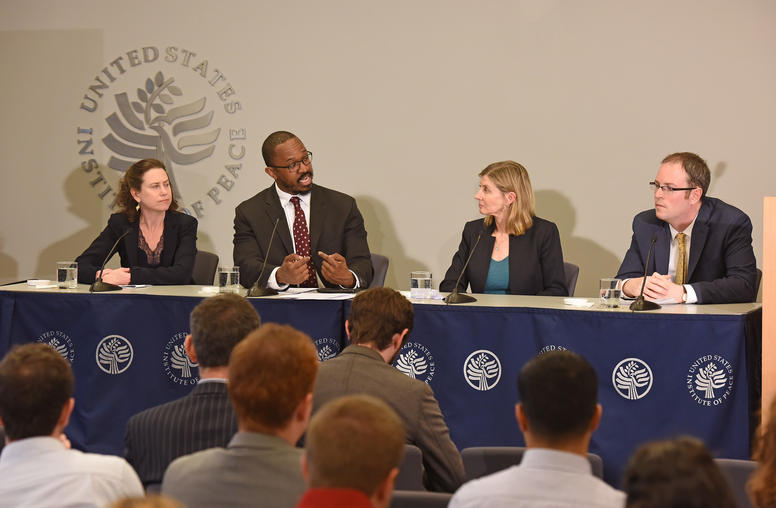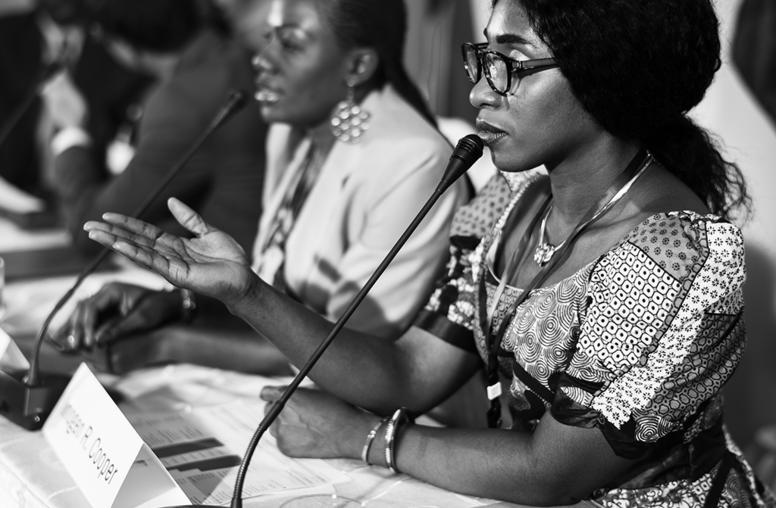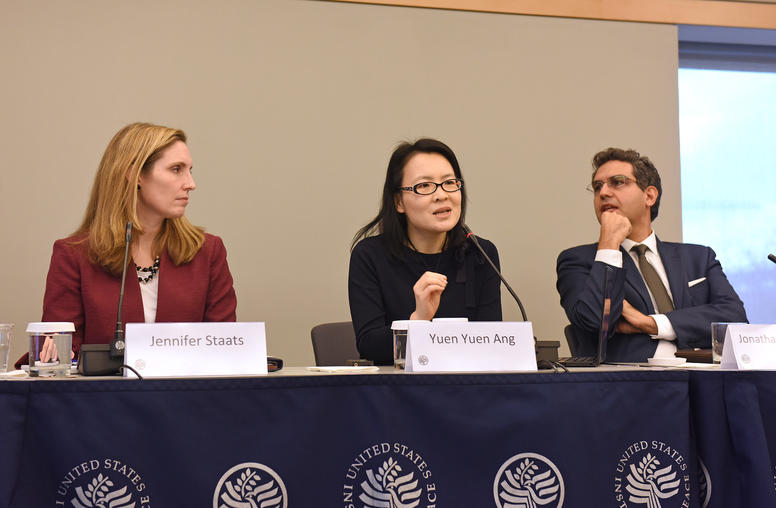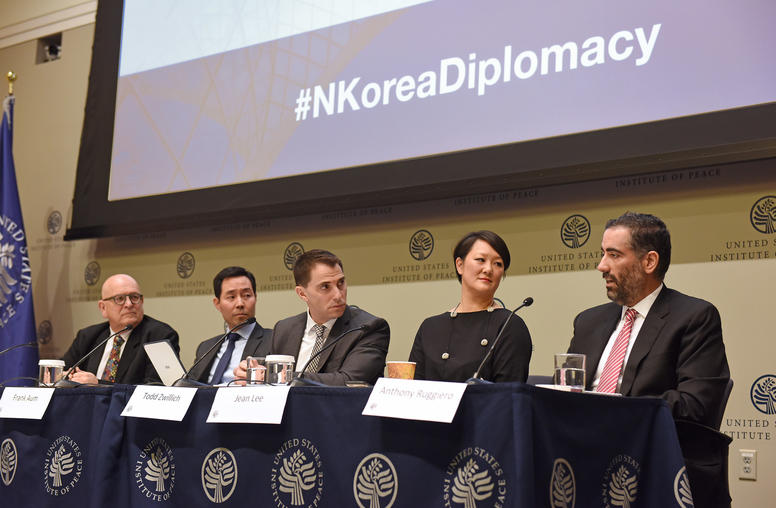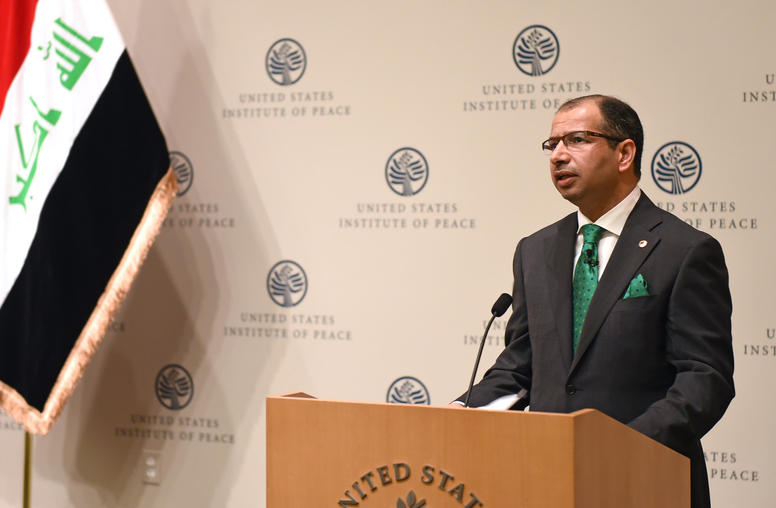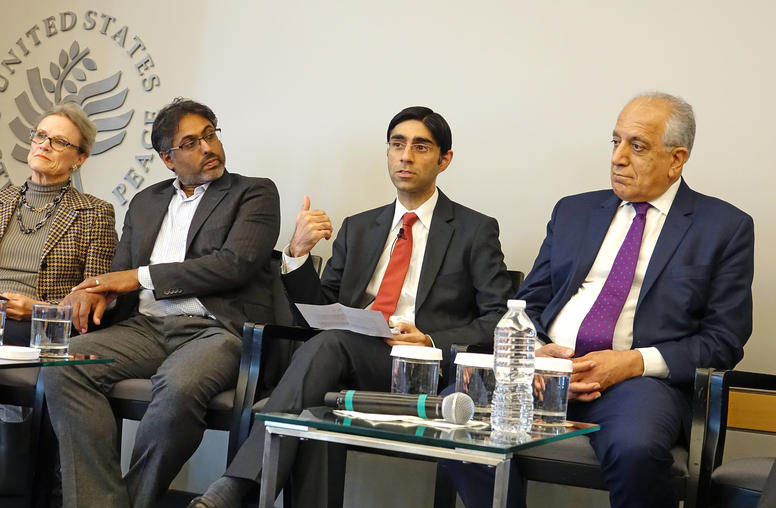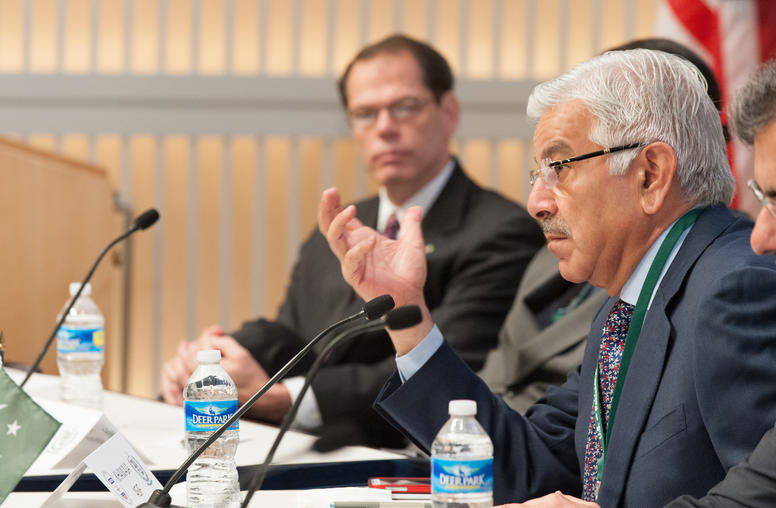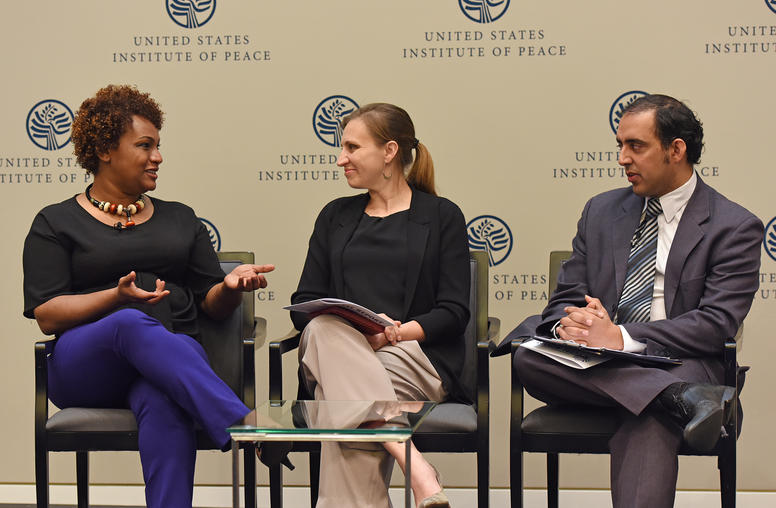
Sudan After the Sanctions
The U.S.-Sudan relationship is at an historic juncture, with the prospect of a broader normalization of relations with the United States coinciding with economic and political turbulence in Sudan. Amid the goals of the U.S. engagement process, the demands of Sudanese citizens for a peaceful, better governed country remain unfulfilled.
